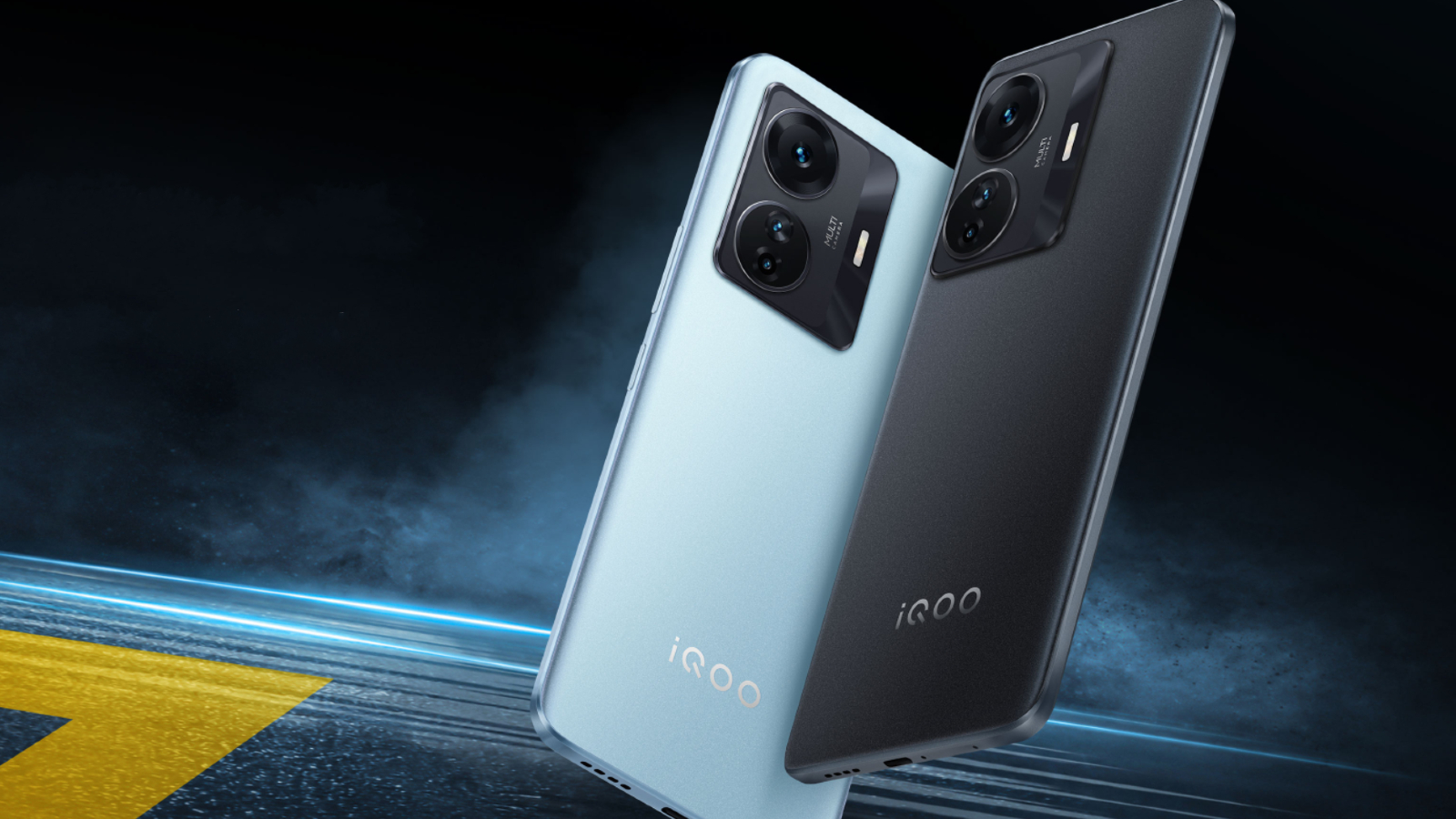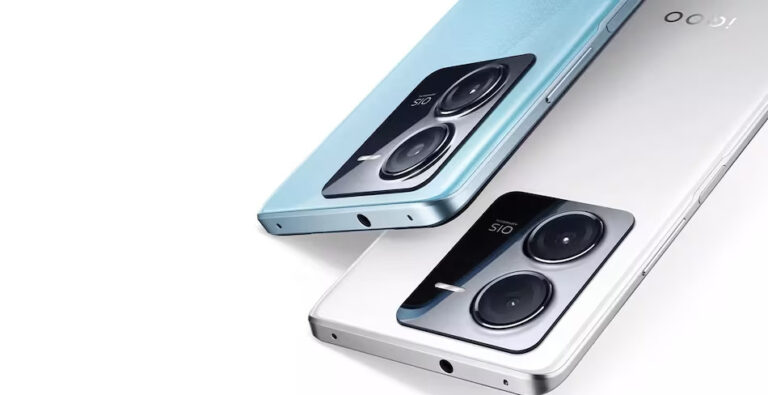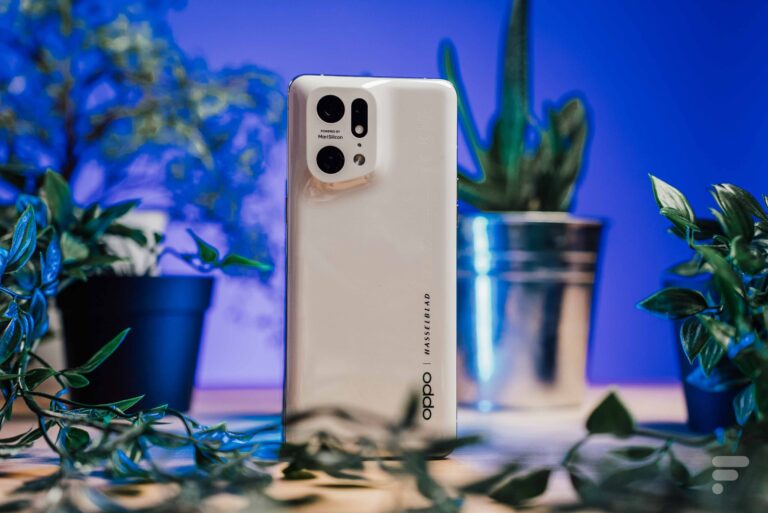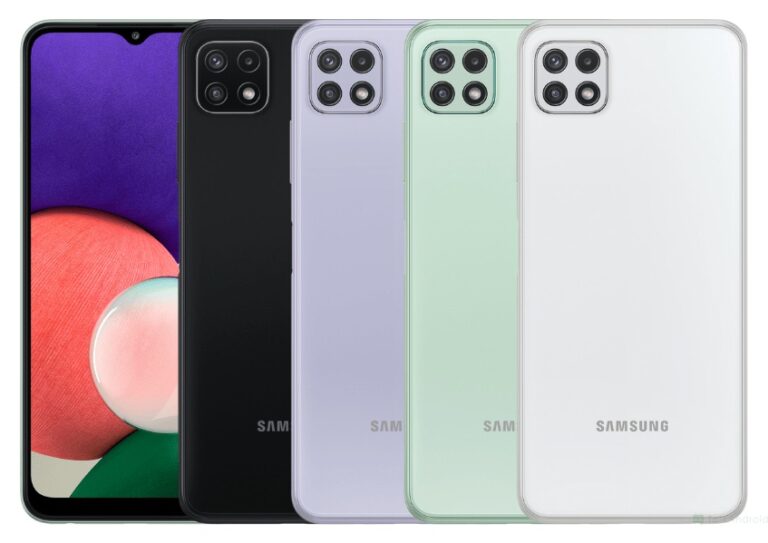
The iQoo Z6 Pro 5G features minor upgrades over its predecessor and quite a few downgrades.

iQoo’s Z3 offered solid mid-range specifications at an affordable price, making it excellent value for money when it was announced in June 2021. Since then, iQoo launched the Z5 which was a decent upgrade, but this phone did not offer the same great value as the Z3 as it was priced higher. With the new Z6, iQoo has announced four models in all. The company first launched the iQoo Z6 5G in March, followed by the Z6 4G, Z6 5G (44W), and the Z6 Pro 5G in April.
Today, we’ll be reviewing the Z6 Pro 5G which is the top-end model in the new series. This is iQoo’s first Z-series phone to receive the Pro badging and despite the name, its specs and positioning indicate that it should be the true successor to the Z5. While the Z6 Pro 5G gets a much faster 66W charging, iQoo has cut quite a few corners to get here, which makes us question how much of an upgrade is it really over its predecessor?
iQoo Z6 Pro 5G price in India
The iQoo Z6 Pro 5G is available in three variants. The base variant comes with 6GB of RAM and 128GB of storage and is priced at Rs. 23,999. The second variant has 8GB of RAM and 128GB of storage and is available at Rs. 24,999, which definitely offers better value than the former. The third variant seems a bit expensive as it costs Rs. 28,999 and comes with 12GB of RAM and 256GB of storage, pushing it into the territory of the iQoo Neo 6 (Review), which is a more powerful smartphone. I received the 12GB RAM variant of the Z6 Pro 5G in the Legion Sky (blue) finish. The phone is also available in Phantom Dusk (black).
iQoo Z6 Pro 5G design
Just like the previous models, the iQoo Z6 Pro 5G’s back panel and mid-frame are still made from polycarbonate. The matte finish of the back panel is a bit rough to the touch and feels a bit cheap. This, combined with the matte-finished frame, makes the phone quite slippery. Smudges aren’t easily visible on the rear panel, but it does attract plenty of dust and lint from pockets of clothing.

In terms of the overall design, most of the changes are around the back of the iQoo Z6 Pro 5G. The three rear-facing cameras are now placed inside two large circular cutouts in the square module, with the primary camera in the top one, while the ultra-wide and the macro cameras sit in the bottom one. The phone measures 8.49mm in thickness and does not feel too heavy at 187g, mainly due to the polycarbonate construction. What’s missing is a 3.5mm headphone jack, which is present on the iQoo Z5.
The glass over the display on the iQoo Z6 Pro 5G picks up smudges from your fingertips and grime very easily. Thankfully, these are easy to wipe off. One thing that did catch my attention is the display’s notch, which is a U-shaped waterdrop design. I get that iQoo has upgraded the Z6 Pro’s display from a LCD to an AMOLED panel, but this notch combined with the thick bottom bezel of the display makes the phone look very dated, especially considering the Z5 had a more modern hole-punch cutout for the selfie camera. In the box, iQoo provides a transparent TPU case, a SIM ejector tool, a Type-A to Type-C cable, and an 80W charger.
iQoo Z6 Pro 5G specifications and software
The iQoo Z6 Pro 5G uses the same Qualcomm Snapdragon 778G SoC found in its predecessor. Strangely, iQoo has gone with UFS 2.2 storage and LPDDR4X RAM, both of which are downgrades when compared to the iQoo Z5 which had UFS 3.1 storage and LPDDR5 RAM.
Connectivity options include Wi-Fi 6, Bluetooth 5.2, and support for the usual satellite navigation systems. The phone comes with a dual-SIM tray with support for two 5G nano-SIMs with dual-standby. The Z6 Pro 5G does not have a microSD card slot. There’s a 4,700mAh battery which is smaller than the one in the older Z5 but it supports a faster 66W charging and the compatible charger is bundled in the box.

The iQoo Z6 Pro 5G runs Funtouch OS 12, which is based on Android 12. The software looks and functions exactly the same as the OS on most Vivo smartphones, and this includes plenty of preinstalled third-party apps. While most of these can be uninstalled, the one that annoyed me the most cannot. The operating system’s default browser spammed me with several notifications daily, despite not having opened or even launched the browser since I began using the phone. These notifications were mainly news bites akin to the alerts from Google News, but they popped up more frequently than needed. Thankfully, you can disable this entirely from the browser’s notifications settings.
Apart from this annoyance, the Z6 Pro 5G’s software had the usual bugs that I also witnessed on some of Vivo’s recent premium smartphones such as the X80 Pro (Review). This includes the widgets’ inability to adapt to the current theme after a new wallpaper and color palette have been selected, problems with the app labels in the app drawer in dark mode, and so on.
iQoo Z6 Pro 5G performance
The iQoo Z6 Pro 5G’s SoC performed well in comparison to other devices in this segment. The phone managed a score of 5,43,633 points in AnTuTu and 798 and 2,858 points in Geekbench’s single and multi-core tests, respectively. Gaming performance was also quite solid. I played Call of Duty: Mobile and Asphalt 9: Legends and both games ran smoothly at the highest graphics settings. Asphalt 9: Legends also had the 60fps mode enabled by default, making gameplay feel more fluid. The display’s 180Hz touch sampling rate felt spot-on when using the ‘Monster’ gaming mode and the 4D vibration feedback felt quite accurate and fun. While playing both games, the phone did get slightly warm but never got very hot.

The 6.44-inch full-HD+ AMOLED panel on the iQoo Z6 Pro 5G has a refresh rate of 90Hz, which isn’t exactly an upgrade over the 120Hz on the iQoo Z5. The refresh rate on the Z6 Pro is adaptive and it switches between 60Hz and 90Hz when needed. While having 90Hz isn’t something to shout about especially compared to the 120Hz panels on competing smartphones, it did make the software experience feel more fluid.
However, the display stayed locked at 60Hz when playing games. The display’s brightness was not a problem, and text and images appeared sharp thanks to the screen’s 409 ppi pixel density. Viewing angles were good too. What I did miss from the iQoo Z5 were its stereo speakers, which are missing in the iQoo Z6 Pro 5G. The single bottom-firing one sounded tinny and disappointing in comparison. One good feature upgrade that the AMOLED panel brings is an in-display fingerprint reader. It’s of the optical variety and it worked reliably on the Z6 Pro 5G.

Battery life was very impressive as the phone easily lasted a day and a half with my typical heavy use, which included a mix of gaming, streaming movies, and some camera usage. In our HD video loop test, the iQoo Z6 Pro 5G lasted 20 hours and 14 minutes, which was also good. The phone comes with an 80W charger in the box but charges the Z6 Pro 5G at 66W when plugged in. The phone managed to charge from zero to 100 percent in 49 minutes, which is quite fast. The phone only got slightly warm in the process.
iQoo Z6 Pro 5G cameras
The iQoo Z6 Pro 5G has three rear-facing cameras. There’s a 64-megapixel primary camera, an 8-megapixel ultra-wide-angle camera, and a 2-megapixel depth camera. Selfies are handled by a 16-megapixel front-facing camera. Compared to the iQoo Z5, nothing has really changed so I expect the results to be similar. In terms of the camera app’s interface, it all looks very familiar with all the important controls and buttons accessible with a single tap, while the slightly advanced controls are neatly laid out in a slide-out menu.

Photos taken in daylight using the primary camera had decent details with well-saturated colors. However, photos always appeared a bit soft when I was shooting close-ups of objects or portraits. Dynamic range also fell short with blown-out highlights in the bright areas of the image when using the rear camera’s Portrait mode. The ultra-wide-angle camera didn’t capture the best details and photos had odd color tones that looked as if I was using a filter. There was also noticeable purple fringing along the edges of objects and barrel distortion.

The fixed-focus macro camera was very tricky to use as it was difficult to find the sweet spot when attempting to focus on an object. The results were not worth the trouble in my opinion. Selfies shot in daylight had limited detail and dynamic range and showcased some odd color tones that were nowhere close to the actual scene. Edge detection was below average for photos taken with Portrait mode.
The iQoo Z3 and iQoo Z5 struggled when it came to low-light camera performance and the iQoo Z6 Pro 5G does not fare any better. Performance in still shots was just about passable with photos both from the primary and the ultra-wide-angle camera in low light, as they generally appeared soft and blurry. Dynamic range was once again a problem, with dark areas appearing like black patches and artificial sources of light looking like glowing blobs. Switching to Night mode resulted in brighter images, but this was nowhere close to the results I’ve seen on some competing smartphones. Selfies looked average provided there was enough ambient light, but appeared soft in dimly-lit scenes.
The quality of recorded videos in daylight was well provided there was enough light. In overcast conditions, I noticed a shimmery effect in videos when walking and panning. Videos recorded at 4K resolution had the best detail. Stabilization was impressive at all resolutions. In low-light, things took a turn for the worse as footage had limited dynamic range, with poor details in the darker areas and blown-out highlights in the brighter areas.
Verdict
While the iQoo Z3 (Review) was laser-focused on offering incredible value in the sub-Rs. 20,000 segment, the iQoo Z5 (Review) ended up losing some of that charm mainly because of its higher price tag and the not-so-great camera performance.
With the iQoo Z6 Pro 5G, the focus of the Z-series has gotten even more diluted. Most of the phone’s hardware is similar to what the iQoo Z5 offered which is still fine from a performance standpoint, but the Z6 Pro 5G misses out on stereo speakers and a hole-punch display, which were some of the sensible additions on the previous model. Yes, the 66W charging system is faster, and the AMOLED display does produce better colors than an LCD display, but I feel iQoo should have focussed more on offering better cameras which have been a weak point of the Z series since the first model in India.
The gaming performance and battery life of the iQoo Z6 Pro 5G are quite solid, but the phone is far from an all-rounder, and this is where the competition offers better value. The Realme 9 Pro+ 5G (Review) (from Rs. 24,999), offers a better display and superior camera performance, all put together in an attractive package. There’s also the Xiaomi 11i 5G (Review) which offers a bigger, 120Hz AMOLED display, a 108-megapixel camera, and a larger battery from Rs. 24,999.
In fact, it’s easier to recommend the iQoo Z5 (Review) over the Z6 Pro 5G because it offers better features such as a 120Hz display, 5,000mAh battery, stereo speakers, better design, and more RAM at the same starting price.
[Source=gadgets360]







Leave a Comment